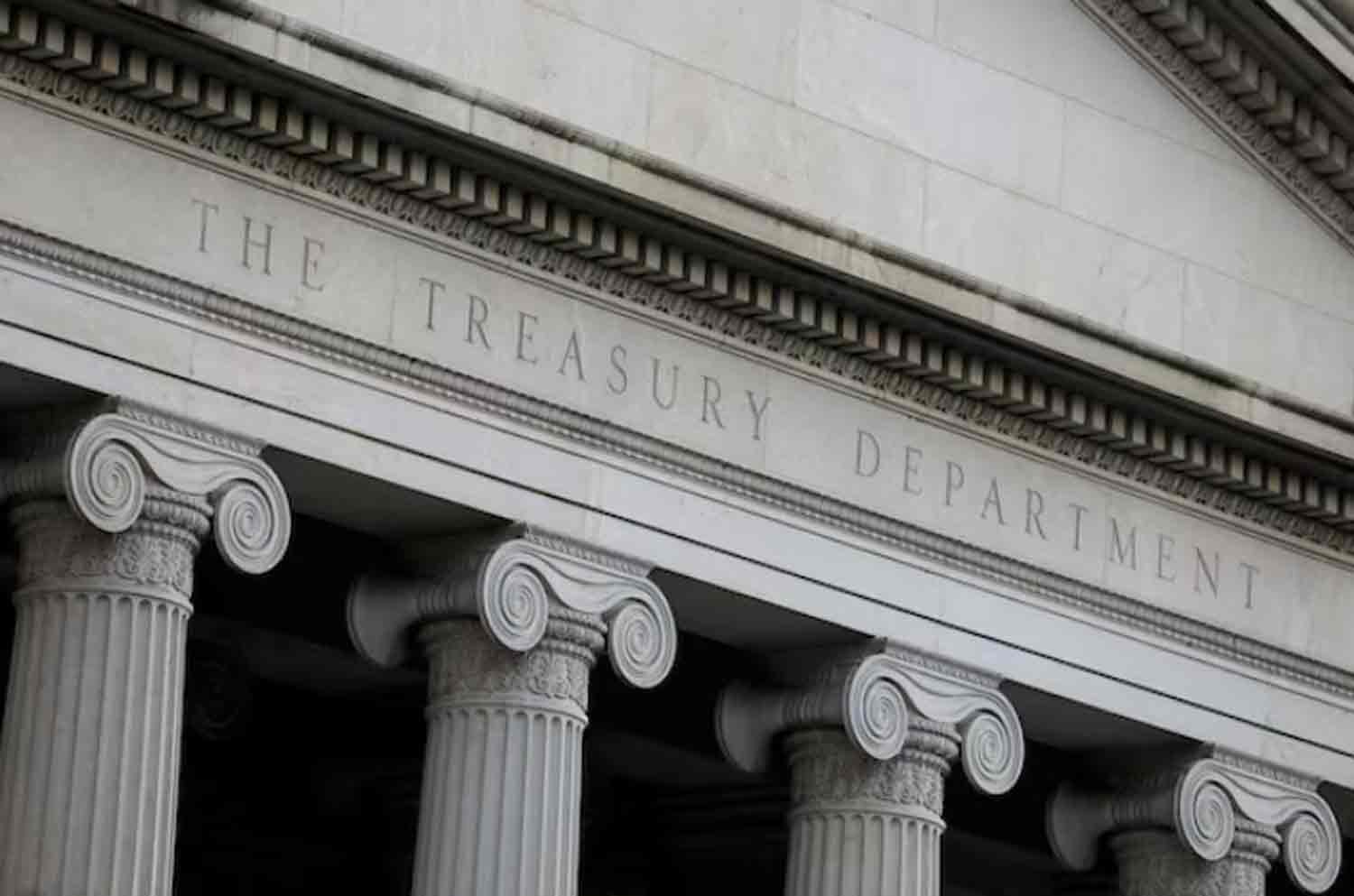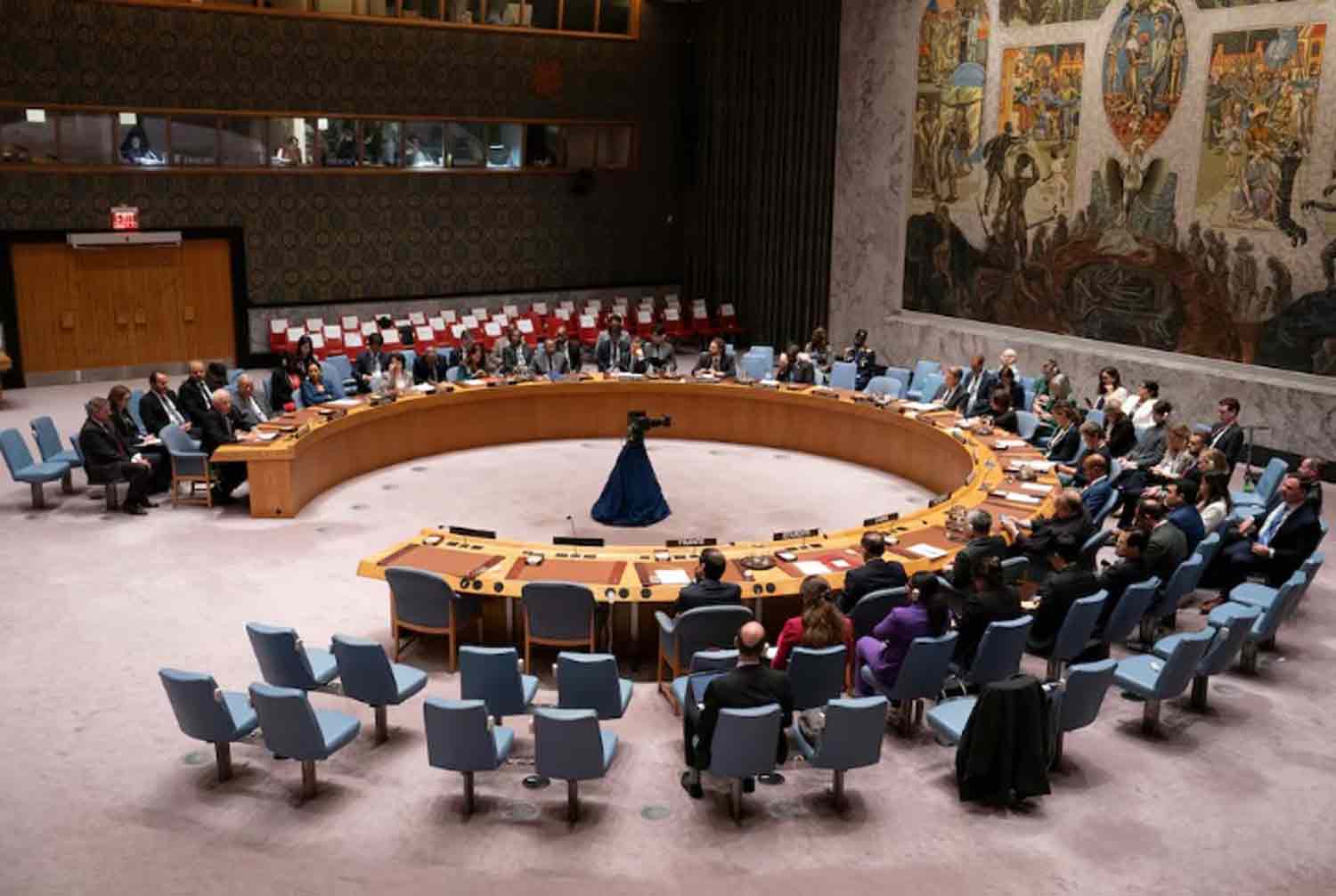Ukraine regards India and Prime Minister Narendra Modi as the most suitable candidates to facilitate a peace agreement with Moscow that Kiev would find acceptable, according to a senior official quoted by Politico.
Following Modi’s visits to both Russia and Ukraine to engage with their leaders about the ongoing conflict, Kiev has increasingly perceived New Delhi as a key intermediary in its interactions with the Kremlin, the report states, referencing the unnamed Ukrainian official.
This information emerges a day after President Zelensky and Prime Minister Modi convened during the UN ‘Summit of the Future,’ part of the annual General Assembly session in New York.
The two leaders have held multiple meetings in recent months, including a gathering in June at the G7 Summit in Italy and another in Kiev last month, shortly after Modi’s discussions with Russian President Vladimir Putin in Moscow.
The India-Russia summit in July attracted significant attention from the West and faced open criticism from Zelensky, who remarked that Modi’s visit to Moscow was detrimental to peace initiatives.
These comments were not well received in New Delhi, prompting the Indian government to summon the Ukrainian ambassador. Additionally, the Indian administration expressed discontent with Zelensky’s subsequent statements following his meeting with Modi in Kiev, as noted by former diplomats and foreign policy analysts.
Zelensky informed reporters that India could potentially serve as the venue for the next ‘peace summit’ if it endorses the communique from the initial event held in Switzerland in June. Although the Indian delegation participated, it declined to endorse the final document, citing the absence of Russia, which India deems essential for any credible effort to resolve the conflict.
In a briefing about Prime Minister Modi’s recent discussions with Zelensky, Indian Foreign Secretary Vikram Misri stated that the conversations were centered on conflict resolution. However, he emphasized that “we are not currently at a point where we can discuss the second peace summit in detail,” adding that “there is still much work to be done before that can happen.”
Later that day, Indian Foreign Minister S. Jaishankar clarified that while India does not possess a specific “peace plan” for the Ukraine situation, it maintains dialogue with both Moscow and Kiev, a practice that “not many countries or leaders” engage in. He underscored that “eventually, negotiations must take place, and they must involve both parties; it cannot be one-sided.”
In a separate address to the UN Security Council, Zelensky announced his invitation to India, along with China, Brazil, and other nations, to participate in the preparations for a second “peace summit.” He also asserted that the conflict “cannot be resolved through discussions” and that “peace can only be achieved by compelling Russia.” Moscow responded by labeling Zelensky’s comments as “delusional.”
Zelensky’s suggested ‘victory plan’—which is said to have the potential to resolve the conflict with Moscow by year-end—has not been fully revealed. Nevertheless, sources suggest that it encompasses several elements, including Western security assurances similar to NATO’s collective defense framework, as well as ongoing Ukrainian operations in Russia’s Kursk region as a strategy for territorial negotiations. In a previous interview with ABC News, Zelensky emphasized that the plan aims to fortify Ukraine rather than engage in negotiations with Russia.
Discover more from Defence Talks | Defense News Hub, Military Updates, Security Insights
Subscribe to get the latest posts sent to your email.





